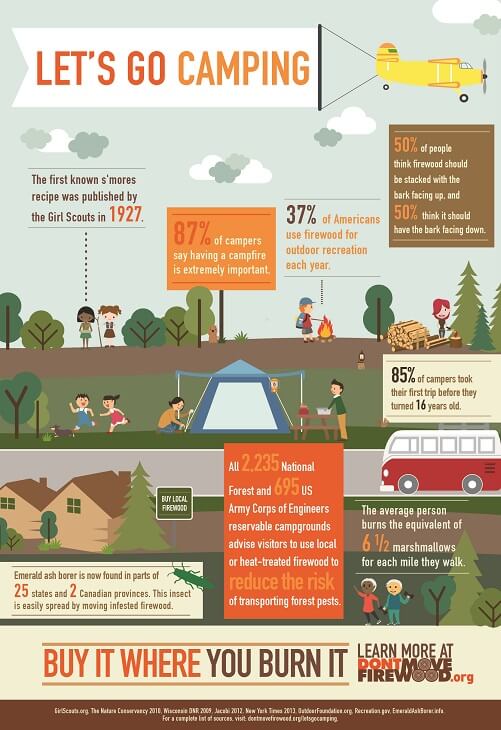Selecting the right structure material is important for event camping tents. Whether it's layered steel for budget tents or anodized aluminum for heavy-duty applications, there are lots of considerations to bear in mind.
Steel frames are common in lower-priced pop-up tents however are prone to rust despite having coatings and require regular maintenance. Aluminum is light-weight, normally stands up to corrosion, and holds up well in damp or seaside settings.
Steel
When it comes to guaranteeing the sturdiness of custom-made outdoors tents, the product made use of in their structures plays an important role. Steel and aluminum alloys both offer premium longevity, but each offers unique benefits that make it appropriate for different types of settings. Steel is ideal for rugged problems, while light weight aluminum master standing up to deterioration and decreasing upkeep costs.
When event hosts select the right tent for their needs, they require to take into consideration variables like anticipated climate condition. As an example, framework camping tents typically carry out better in gusty or rainy conditions than pole tents because they do not count on a main pole to support the framework. Nonetheless, the links between frame items can weaken in high stress and anxiety situations. Recognizing these weaknesses and doing regular assessments can aid avoid possible damage.
Steel frameworks are tough to cut, weld or shape, which can call for specialized tools and raise labor costs. Furthermore, they often tend to rust or rust conveniently and may require added protection or finishings. In addition, steel is very hefty and can create issues when carrying a cover. It's also challenging to save for extended periods of time because it uses up extra space than aluminum structures.
Light weight aluminum
Aluminum is a prominent framework product for canopy outdoors tents because it's lightweight, rust-resistant, and simple to move and set up. It also supplies an extra secure shelter during gusty conditions than steel frameworks. Light weight aluminum is much less prone to tearing and any kind of damages can be conveniently repaired, extending the life of the outdoor tents. It additionally takes a breath to reduce condensation and provides remarkable acoustic insulation to wet outdoors sound.
The durability of aluminum framework tents is further enhanced by the natural oxidation residential properties of the steel. It develops a portable oxide layer that protects the surface from corrosion and stains. Because of this, the durability of an aluminum appear camping tent can be enhanced even additionally when the framework is anodized.
Anodized aluminum is stronger than steel and can stand up to high wind speeds. Furthermore, the finish withstands rust and spots, prolonging the life expectancy of the outdoor tents. In addition, plated light weight aluminum is recyclable and lasting, making it optimal for services looking for LEED accreditation. The combination of these homes makes aluminum a more affordable option than steel for large, sturdy camping tents, such as those utilized tent weight to fit industrial equipment and warehouse inventory. Steel, on the other hand, is more costly because it calls for pricey alloys such as nitrogen, molybdenum, and chromium to improve stamina.
Iron
Iron frame tents commonly last approximately 15 years if the ideal care and maintenance is used. This consists of on a regular basis cleaning up fabric and inspecting steel elements for rust and wear. By taking these measures, occasion hosts can make best use of the dependability of their frameworks and ensure their continued performance in challenging settings.
Steel is an excellent material for constructing sturdy outdoors tents, particularly for use in rough weather. It is a strong, tough, and budget friendly product that provides security and resilience for a wide range of applications. Nonetheless, steel is prone to rusting in damp and coastal settings. The addition of safety finishings and regular upkeep can assist to mitigate this danger, but these initiatives enhance overall maintenance prices.
On the other hand, aluminum is an extra resilient selection for a custom-made tent because of its natural oxidation buildings. When anodized, light weight aluminum ends up being super-strong and approximately three times tougher than conventional light weight aluminum alloys. This makes anodized light weight aluminum the second-hardest substance alongside diamond (satellites, airplane, and military lorries all use anodized light weight aluminum). In addition to its toughness, anodized light weight aluminum is also a lot more resistant to corrosion than steel. These factors make aluminum a superb option for turn up canopy camping tents and add to their capability to lug longer warranties (5, 7, and also life time frame service warranties). Additionally, aluminum is 1/3 the weight of steel permitting a much thinner framework design for more modification choices and raised strength.
